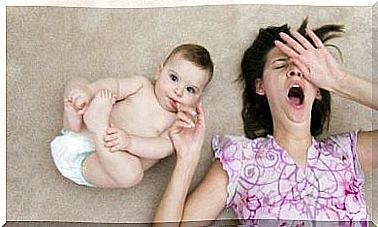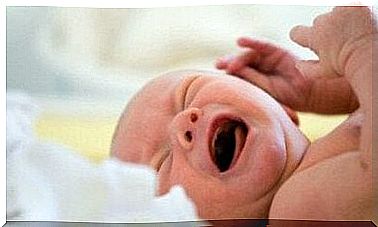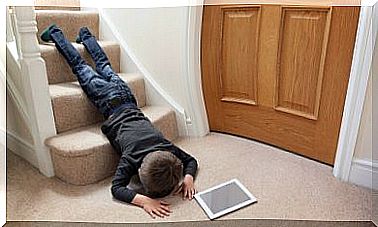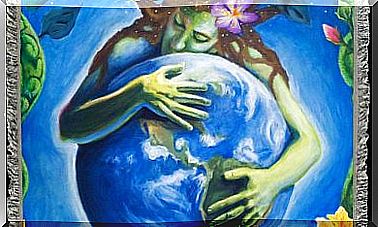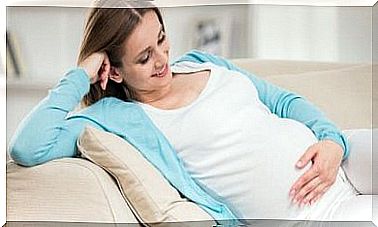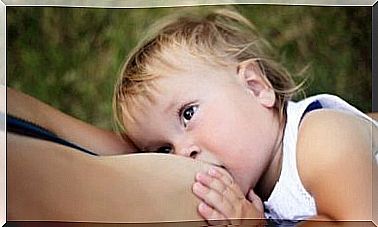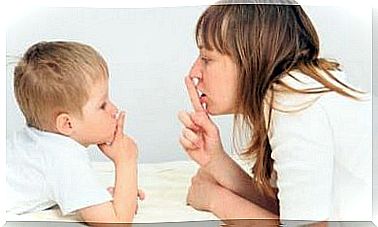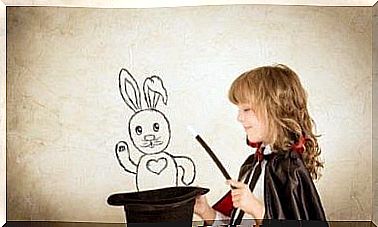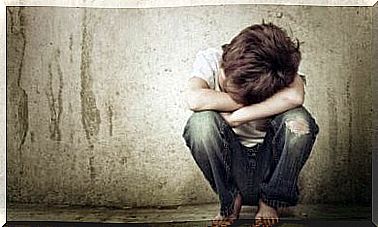Menstruation After Childbirth
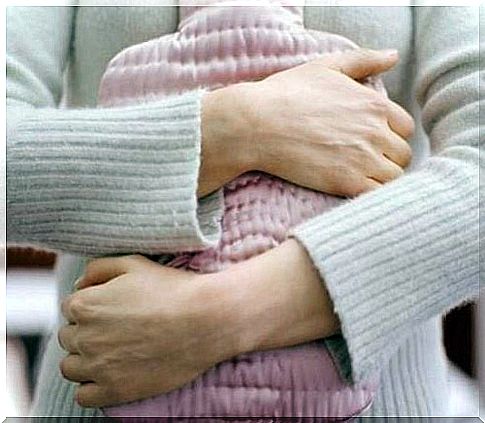
After your baby is born, your body will slowly return to normal, and eventually menstruation will return. If you are thinking about this with menstruation after childbirth – here is what you need to know.
Nine months of pregnancy have already passed. You have your little one next to you, safely resting in your loving embrace. And you have probably asked yourself – how long will it take before menstruation returns?
Your body begins to recover from the arduous process of pregnancy and childbirth. Your internal organs are still returning to their original positions. Your body is focused on producing breast milk for your little one.
In other words – all your hormones work to keep giving your baby everything it needs to stay strong and healthy.
But all women’s bodies are different. Therefore, amenorrhea – the period without menstruation after childbirth – will be different for different women. Nevertheless, the neuroendocrine system has been kick-started.
Your neuroendocrine system is responsible for getting your first period, usually during adolescence. The same thing happens after a pregnancy, when the woman’s body is ready.
With that said – one factor that has a big influence on the return of menstruation is breastfeeding.
For six to eight weeks after birth, the so-called rejection occurs. The rejection is a vaginal discharge that contains blood, mucus and uterine tissue.
As soon as the rejection has stopped coming, your first period can come within a few weeks if you have not breastfed. However, if you breastfeed your baby, it can take up to two years before menstruation returns.
Menstruation after childbirth: what you need to know
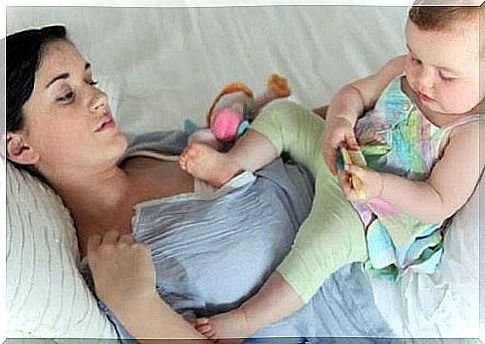
According to the World Health Organization, most women who do not breastfeed their children begin menstruating as early as four months after giving birth. In most cases, women who are not breastfeeding begin to have a normal ovarian activity within 30 days.
The first menstrual period after childbirth may be different from what menstruation did before pregnancy. The flow may be altered as some imbalances are normal during your first menstrual cycles after childbirth. Menstruation can also behave differently in other ways, compared to your previous experiences.
It may even be that your first period after childbirth comes at the same time as ovulation. This means that you can get pregnant if you do not use contraception.
According to statistics, between 1% and 12% of all women become pregnant with this recurrence of menstruation.
It is important to emphasize here that if you become pregnant while still breastfeeding, there is no reason to stop giving your baby the “white gold”. These two processes have no effect on each other and your pregnancy will not affect the nutrition you give to your baby.
Menstruation and breastfeeding
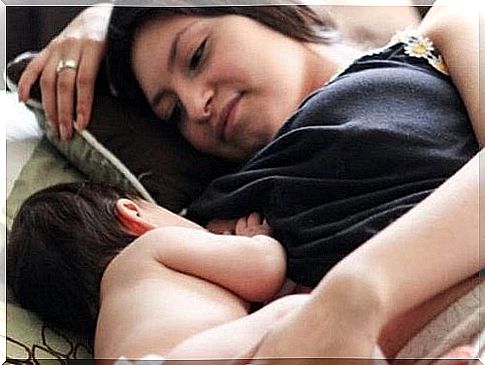
Have you ever wondered how it is that mothers who breastfeed do not get their period? The answer is about chemistry.
When a baby sucks on its mother’s breasts, the mother’s body will automatically produce the hormone prolactin. This known hormone has the ability to inhibit ovarian function.
In this way , breastfeeding can be considered a natural form of contraception. It is also called the lactation and amenorrhea method (LAM). But – be careful! Do not rely on this method alone. It is not 100% safe and you can easily get pregnant again.
When your baby starts to switch to regular food, this can lead to your period coming back.
The nature is amazing. Somehow your body knows that you are busy with the task of breastfeeding your baby. So in the meantime, your body will protect you from another pregnancy.
However, its efficiency is only 98% and under certain circumstances. This presupposes that breastfeeding is complete or almost complete, ie that you do not supplement with other food or substitutes. And the baby needs to breastfeed at least once every six hours. Your baby should also be younger than six months.
The weaning
In general, when the baby starts eating alongside breastfeeding, you will experience your first period.
This is because the baby will then breastfeed less often, and your levels of prolactin will then go down. However, some women continue to experience amenorrhea until the baby has stopped breastfeeding completely.
Your body’s own dynamics will determine the exact time to return to the menstrual cycle. The important thing is that you are healthy and that your child gets the nutrition he needs. And of course, that you and your child enjoy this wonderful meeting.
